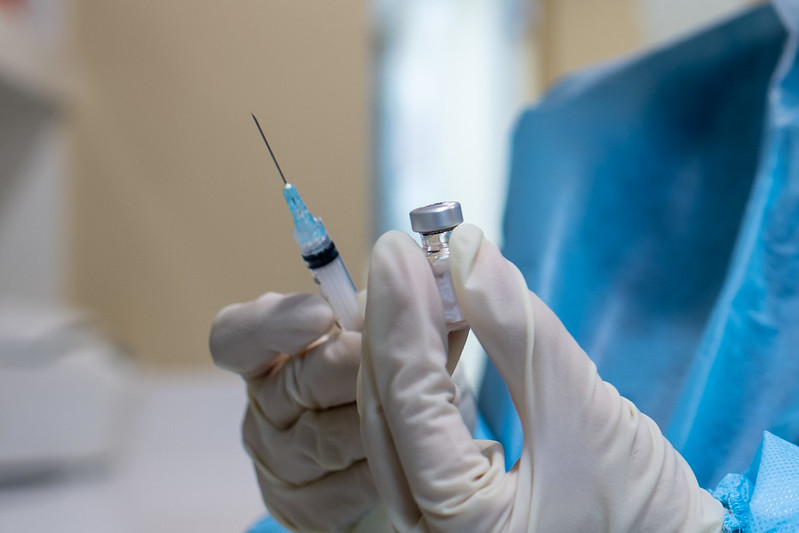Kabuki syndrome
3. Immunological treatment
General measures
General measures are the most important and effective in immunodeficiencies, both in those that occur in patients with Kabuki Syndrome, as well as in those that appear due to other causes. The following are some of them:
-
Extreme hygienic measures and maintaining a good hydration and nutritional status.
-
In cases of recurrent respiratory infections, it would be advisable to be assessed by a pulmonologist, who would consider the need for treatments (Aerosols and respiratory physiotherapy) and establishes the patient's follow-up.
- In case of recurrent otitis, referral to an ear, nose and throat specialist should be considered for management and monitoring of possible associated hearing loss.
-
Vaccinations: it is very important that both children and their relatives are properly vaccinated. As for the child, vaccination against pneumococcus and, in case of pulmonary pathology, annual flu vaccination is especially recommended.
-
Early and aggressive treatment of infections: That is, when in doubt as to whether or not it is a bacterial infection, treat with antibiotics. The most appropriate type of antibiotic is different according to the suspected causal germ. On the contrary, when the patient is asymptomatic, prevention with antibiotics is not recommended in order to avoid resistance and changes in the normal flora of the organism.

Specific treatments for immunodeficiencies in patients with Kabuki Syndrome
Since the main defect in this syndrome is humoral (often with decreased immunoglobulin levels) and the problem will be infections of the ear, lung, etc... we will consider measures with the aim of reducing these infections. These measures may include the need to initiate immunoglobulin treatment. The need for the use of prophylactic antibiotics or immunomodulators (in patients with autoimmunity) may also be considered on an individual basis.